Eleanor Cobham, Duchess of Gloucester
Immortalised by Shakespeare, Eleanor Cobham, Duchess of Gloucester was accused of trying to assassinate King Henry VI using witchcraft; a crime for which she received life imprisonment and perhaps left a ghostly legacy.

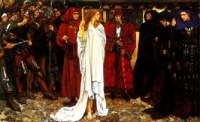
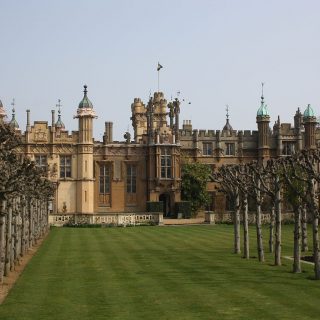
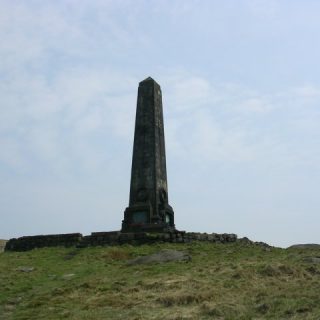
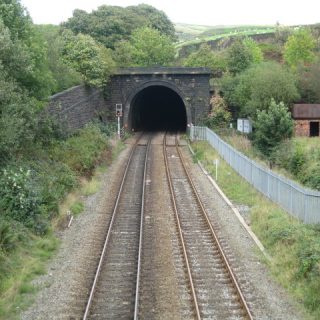
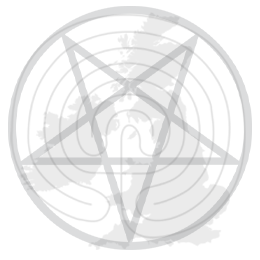
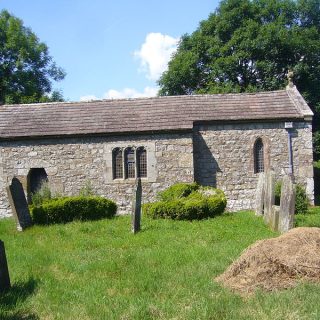
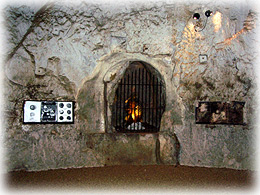
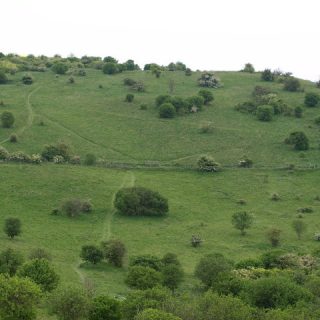
Recent Comments